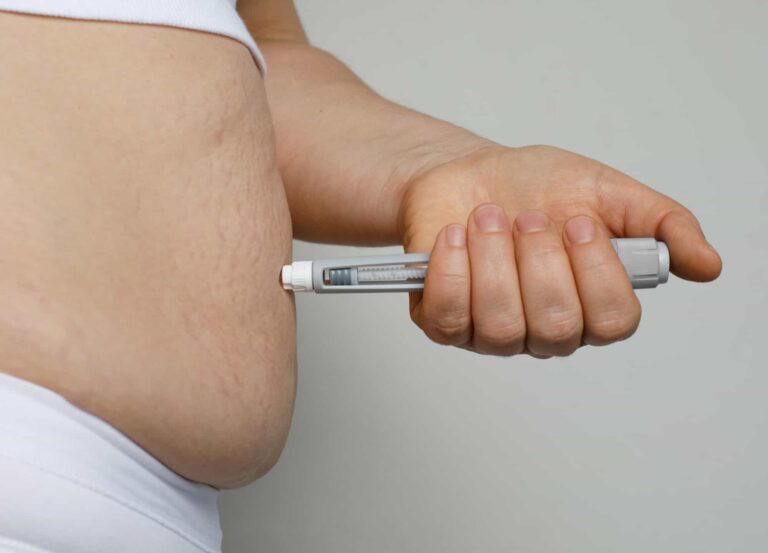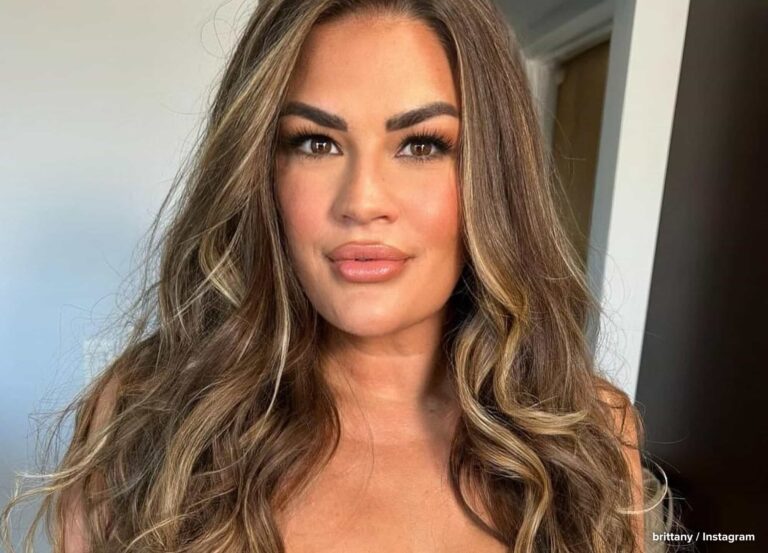Featured Experts
Dr. Brandon Richland, a board-certified plastic surgeon in Fountain Valley, California
Dr. Norman Rowe, a board-certified plastic surgeon in New York City
If you’re ready to take the saying “New Year, new you” in a more literal sense—like finally springing for the rhinoplasty you’ve always wanted or getting liposuction to take care of that workout-resistant area—then it’s incredibly helpful to plan ahead.
After all, plastic surgery can be a big medical procedure, and one for which prepping in advance can give you the best possible experience in terms of scheduling, recovery, and final results. Here, we asked surgeons to share what you should do now if you plan to get a nip or tuck in 2024.
Get to a healthy weight
As well known as it is important, being at a healthy weight is critical ahead of any surgery, plastic or otherwise. “This not only helps decrease your risk of complications but also allows the plastic surgeon to shape your tissues more easily—leading to a better result,” says Dr. Brandon Richland, a board-certified plastic surgeon based in Fountain Valley, California.
Plus, depending on your surgery, it can make a big difference in your satisfaction. “There is a limit to how much tissue and weight can be removed per surgical session,” says Dr. Richland. “For liposuction, this limit is five liters—about 11 pounds—so if you are closer to your healthy goal weight, the results will be much better.”
Also worth noting: even if you’re already at a healthy BMI, eating a healthy, balanced diet and regularly exercising can “help incisions heal,” says board-certified plastic surgeon Dr. Norman Rowe, who practices in New York City.
Stop smoking or vaping
In breaking news to no one, smoking is terrible for your overall health—and an especially bad idea if you’re planning to get plastic surgery. “The nicotine and carbon monoxide in smoking leads to poor blood circulation, which can result in higher incidence of complications, such as the death of fat cells, or fat necrosis,” says Dr. Richland.
It can also interfere with the healing of any post-op incision. This interference “directly correlates to incision-healing complications and adverse scars,” says Dr. Rowe. Ultimately, the sooner you stop, the better—although you’ll still have some risks just from having smoked at all compared to nonsmokers.
And the same goes for vaping, says Dr. Richland. Sami Sheen, the 19-year-old daughter of Denise Richards and Charlie Sheen, publicly shared that she had to kick her vaping habit ahead of getting breast augmentation.
Find a friend
Start asking your friends and family, to see who might be willing (and available) to help you in the days following your plastic surgery. While the overall recovery time can vary with the exact procedure, it helps to have someone with you—or at least nearby to check on you.
That’s because certain procedures, like breast augmentation and liposuction, can even impact your mobility. “Usually, for the first few days after surgery, you may need assistance with simple tasks such as bathing, washing your hair, and even food preparation,” says Dr. Rowe. (Having a friend with you can also be helpful pre-surgery, since they can come with you to consultations and keep track of what the doctor tells you.)
Budget accordingly
Beforef your surgery, you should have a clear picture of what the procedure entails—risks, benefits, alternatives, and, importantly, any testing that you have to do ahead of time, says Dr. Richland. “At the end of your consultation, you should be provided with a quote that outlines the surgical plan—as well as all expenses, including surgeon fees, facility fees, anesthesia fees, and miscellaneous fees,” he says. That way, you can make sure to budget accordingly ahead of the actual surgery.
That said, the costs don’t stop once you’re out of the OR. “An unexpected expense, especially for self-pay patients, is a complication requiring a return trip to the operation room,” says Dr. Rowe. “This includes bleeding postoperatively and revision surgery.” These expenses are usually carried by the patient, so he recommends bringing it up with your surgeon ahead of the procedure.
Finally, budget for the recommended maintenance if your surgery requires it. For instance, if you get silicone gel breast implants, the FDA recommends follow-up MRIs every five to six years after the initial surgery and then every two to three years after that. These scans, which check to see whether the implant has ruptured, aren’t typically covered by health insurance. (However, high-def ultrasounds now offer a less expensive method, and they’re now available from many surgeons.)
Visit your PCP
If it’s been a while since you’ve had an annual checkup, now’s a good time to book an appointment with your personal-care practitioner. This way, you can ensure that any medical condition you might have, be it hypertension or low blood sugar, can be properly managed ahead of surgery, according to Dr. Richland.
Plus your PCP can let you know whether you need to suspend any medications or supplements before your procedure, and they can help you manage any conditions around this. The primary medications that need to be halted ahead of surgery are blood thinners like aspirin, says Dr. Rowe. “Some prescription medications also cause excessive bleeding. These need to be stopped under doctor supervision,” says Dr. Rowe. He recommends checking with your PCP before stopping these or finding alternatives.
Find your surgeon
With these tips in mind, it’s a good idea to schedule your consultation now, since this is the best way to get a clear picture of the costs as well as any pre-op guidelines. On top of that, surgeons’ schedules are packed, meaning that even if you start the search for a board-certified plastic surgeon now, it’s not a guarantee that your surgery will happen in 2024.
“Many highly desirable plastic surgeons are booked out for several months and sometimes even longer,” says Dr. Richland. He recommends reading reviews, verifying credentials (like board certification), and looking at before and after photos. Second opinions are also key, since they can ensure you get the proper care.
Ultimately, if you’re interested in plastic surgery, sooner is better—whether that means getting to a healthy weight, vetting potential surgeons, setting aside money, or scheduling a checkup with your PCP. Doing so now will give you the results you want by the time 2024 comes to a close.











